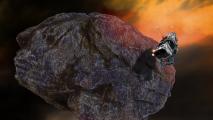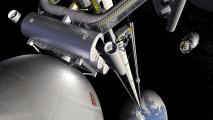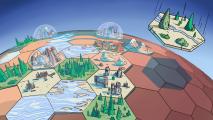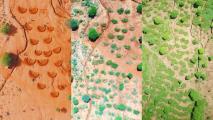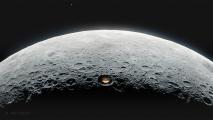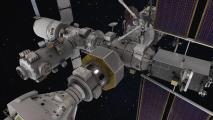Future Explored
This is Future Explored, your guide to world-changing technology. You can get stories like these straight to your inbox by subscribing below.
Get every issue in your inbox.
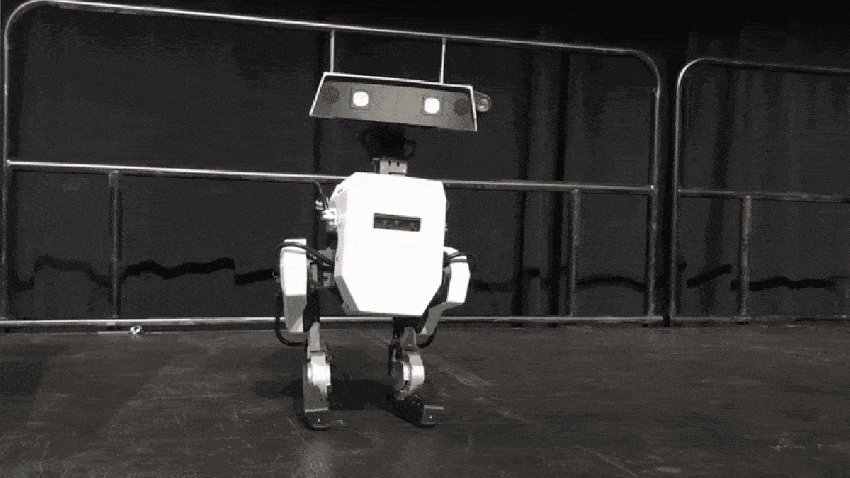
More Editions
Space elevators are inching closer to reality
Tremendous progress has been made developing the materials necessary for a space elevator — but our need for one could soon disappear.
Can “terraforming” turn Mars or the moon into Earth 2.0?
Terraforming — the hypothetical process of making another place “Earth-like” — offers the hope of turning Mars or the moon into Earth 2.0.
Scientists are growing animals in artificial wombs. Humans might be next.
Artificial wombs promise to give people a way to have biological children without putting their own health at risk.
Desertification is destroying fertile land. Here’s how we’re fighting it.
Desertification is destroying once-fertile land at an alarming rate, but desert greening techniques are making degraded soil bloom again.
A massive moon telescope could solve the mystery of the “Cosmic Dark Ages”
NASA hopes a massive radio telescope on the moon will be able to reveal what was happening during the mysterious “Cosmic Dark Ages.”
The AI healthcare revolution has begun
The ability of AI to diagnose diseases, discover drugs, and even perform surgery is increasing rapidly — but will patients accept Dr. AI?
The first fecal transplant pill is heading to pharmacies
The FDA approval of the first fecal transplant pill could kick off an era in which we target the gut microbiome to treat many other diseases.
NASA’s next space station will be 1,000 times farther from Earth
While NASA prepares to launch its lunar space station, other groups are working to ensure we still have an off-world home closer to Earth.
Alternative funeral options are changing how we honor our dead
A small, yet growing number of people are starting to choose funeral options outside traditional burial or cremation.
Scientists want to dump iron nanoparticles into the oceans to save the planet
Engineered nanoparticles could make ocean fertilization a viable weapon in the battle against climate change.
